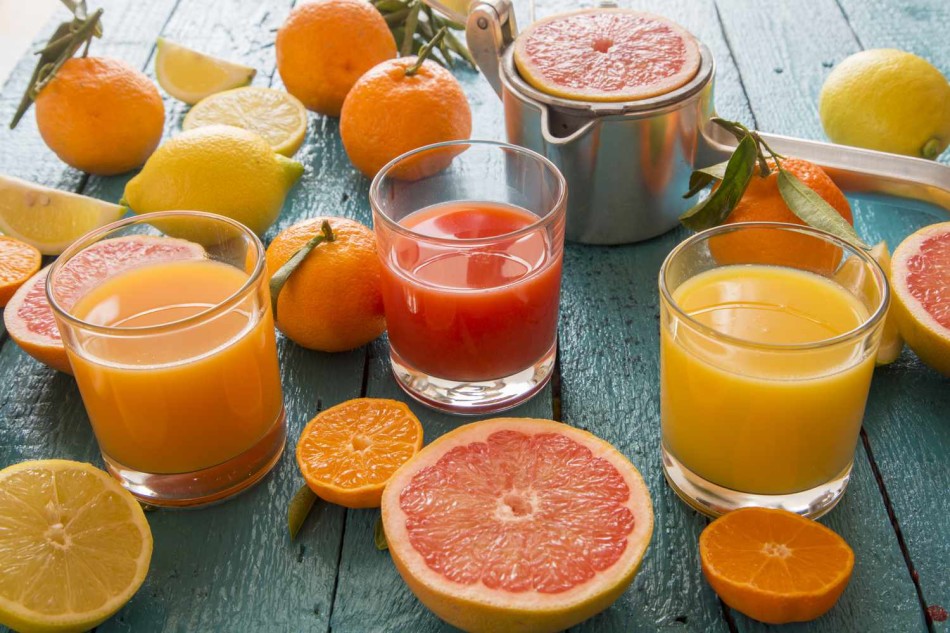Differences between 100% fruit juice and fruit drinks

Differences between 100% fruit juice and fruit drinks
1 min read
What does it mean when a packaged beverage label says: “fruit juice” as opposed to “fruit drink”? While both can help boost hydration levels, it turns out that their nutrient contents can be dramatically different.
Fruit juice
European and UK labelling laws strictly define which products are allowed to call themselves "fruit juice”[1]. If a product carries this term on its label, it gives us a guarantee that what we’re drinking is 100% fruit juice. In law “fruit juice” can never contain added sugars, preservatives, colours, or flavours. Nothing can be removed either. However, it will naturally contain a range of nutrients and plant bioactives from the whole fruits, including vitamin C, potassium, folate, carotenoids, hesperidin, and pectin (fibre).
Fruit drinks
These strict rules on labelling don’t apply to fruit drinks. While these beverages contain some fruit juice, it's much less than you find in 100% fruit juice. Fruit drinks may also contain added sugars or sweeteners which are not allowed in 100% fruit juice. Of course, in fruit drinks you can still find vitamin C and other nutrients from the added fruit juice but in much smaller amounts as much of the volume is added water.
Consumers unaware
A lack of awareness about the differences between fruit juices and fruit drinks means that consumers can often mix up these products. For example, surveys show that over a third of people wrongly believe that fruit juice contains added sugars or preservatives.
Nutrition messages on pack add to this confusion. A study found that parents of young children were more likely to choose a fruit drink over a fruit juice when the packaging stated “100% Vitamin C” or “100% All Natural”[2].
So, to ensure you’re consuming 100% fruit juice made from the whole fruits, with their vitamins, minerals, water, and natural sugars, always reach for the “fruit juice” label.
[1] Fruit Juice Directive (2012) http://eur-lex.europa.eu/LexUriServ/LexUriServ.do?uri=OJ:L:2012:115:0001:0011:EN:PDF
[2] Hall et al. (2022). https://pubmed.ncbi.nlm.nih.gov/35040866/
